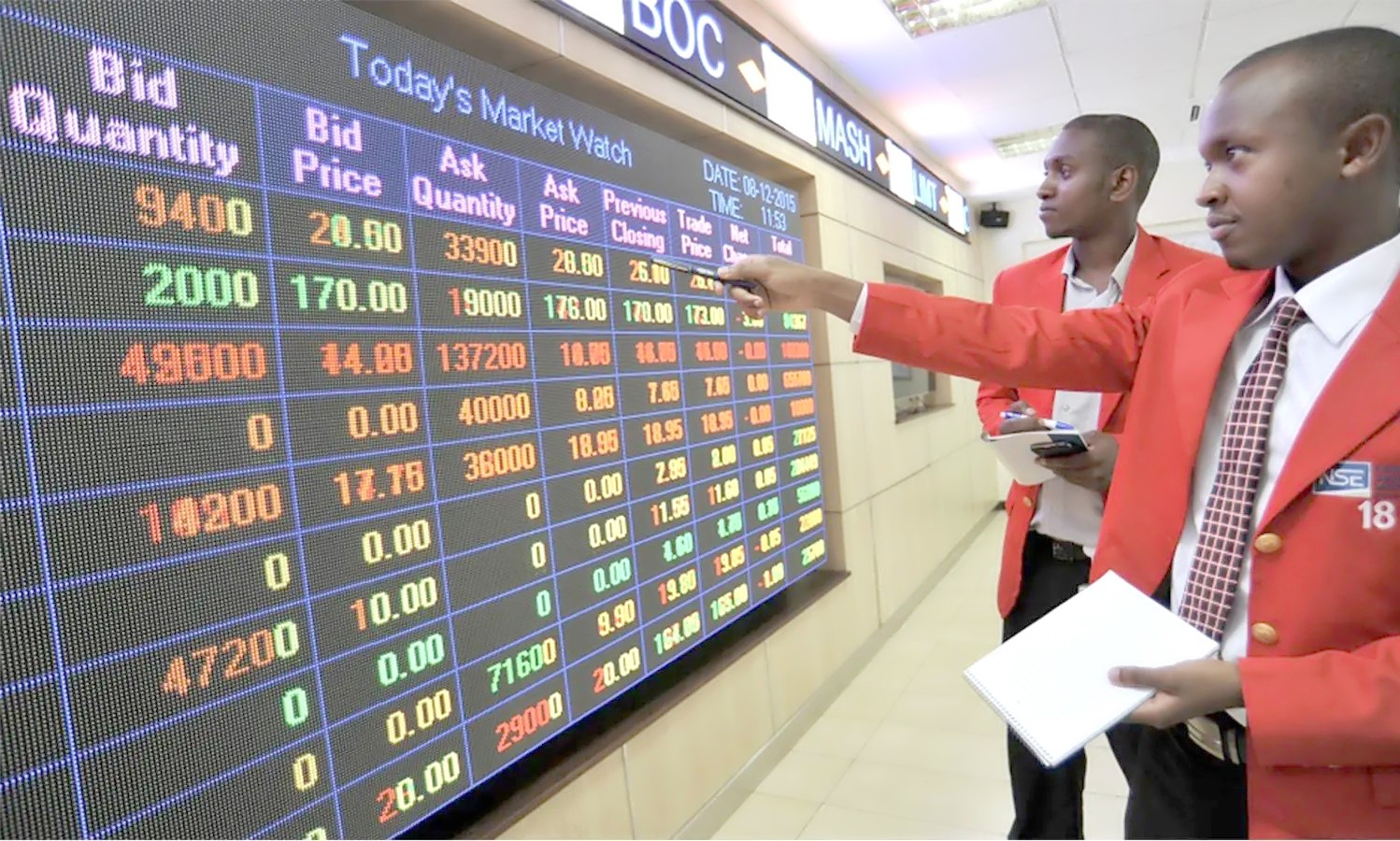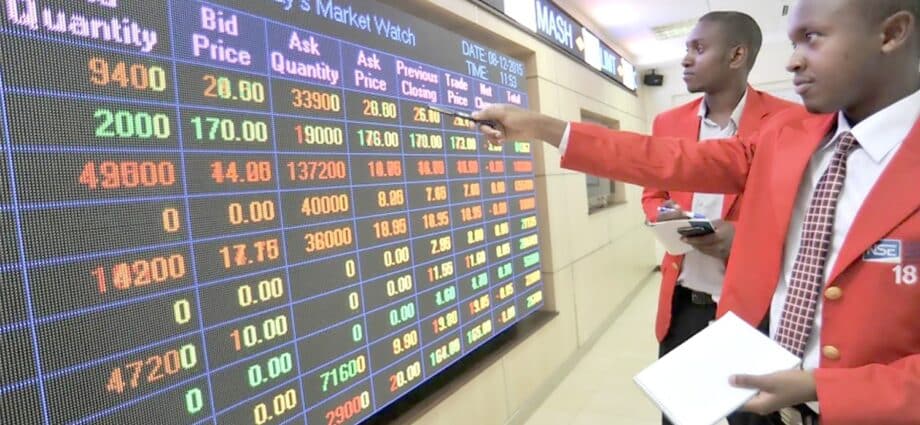
Dar es Salaam. Tanzania’s capital markets are poised for renewed foreign investor interest following the implementation of sweeping reforms to the Dar es Salaam Stock Exchange (DSE)’s trading framework.
The new rules, which officially came into effect on June 2, 2025, are aimed at aligning local market operations with global best practices—enhancing transparency, improving liquidity, and increasing market stability.
A circular issued on May 14 by the Chief Legal Council, Ms Mary Mniwasa, on behalf of the DSE chief executive officer, outlined changes to several key provisions: Rules 2, 44(2)(a), 173(3), 179(2), 203(1), 212, and 224. These amendments touch on trading hours, block trade thresholds, price variation caps and the introduction of the Volume Weighted Average Price (VWAP) as the new reference for closing prices.
“The above amendments have been made to enhance trading efficiency and market liquidity,” said Ms Mniwasa.
Market experts say the changes could open the floodgates to increased foreign participation, particularly from institutional investors seeking entry into frontier markets.
“Foreign investor activity is likely to pick up as these new rules restore confidence and streamline trading operations,” said the Capital Markets Manager at Vertex International Securities, Mr Ahmed Nganya.
One of the key reforms is the standardisation of trading hours. Rule 173(3) formalises the DSE’s daily schedule from 9:00 a.m. to 4:00 p.m., introducing structured pre-opening, auction and continuous trading phases.
“This brings much-needed clarity and structure, aligning us more closely with international exchanges,” said Mr Nganya.
Additionally, Rule 44(2)(a) now requires all Tanzanian citizens participating in the market to provide a valid National Identification Number (NIN) issued by the National Identification Authority (Nida)—a move that improves investor verification and transparency.
Perhaps the most consequential shift is the replacement of the last traded price with VWAP as the official closing price. VWAP, now the standard under Rule 203(1), is calculated based on the average price of all trades during the session, weighted by volume—provided at least 100 shares have traded.
“This is a significant step in eliminating price manipulation,” said the CEO of Exodus Advisory, Mr Ramadhani Kagwandi. “Previously, a small, end-of-day trade could distort closing prices. Now, prices better reflect actual trading dynamics.”
Rule 2 also redefines “Block Trade” as a single transaction of at least Sh250 million between one buyer and one seller. Under the previous rules, multiple small orders could be aggregated to meet the threshold.
“This closes a long-standing loophole,” said Mr Kagwandi. “It ends the practice of bundling small trades to qualify for off-market deals, ensuring that most trading flows through the main market counter and reflects true price discovery.”
Rule 212 introduces tiered price movement limits based on a company’s market capitalisation and share volume. Stocks with a market cap below Sh1 trillion are allowed to move within a 15 percent daily limit. Those above Sh1 trillion are subject to either a 5 percent cap (if issued shares exceed Sh2 billion) or a 2 percent cap (if below).
“These caps target large-cap stocks that have historically shown minimal price activity,” noted Mr Kagwandi. “They prevent the artificial freezing of prices and create a more responsive pricing environment.”
To further support orderly markets, Rule 224(3) introduces a five-day, 5 percent cap on price movements for securities undergoing corporate actions—such as dividends, mergers, or splits. The move is intended to cushion abrupt price fluctuations and protect investor interests.
In the bond market, analysts see continued strength in longer-tenor instruments. The Advisory and Research Manager at Zan Securities, Mr Isaac Lubeja, noted that government bonds—particularly the 20- and 25-year maturities—remain in high demand.
“We’ve seen increasing traction for corporate bonds as well, with investor appetite favouring high-yield instruments,” he said.
On equities, Lubeja maintained a positive outlook. “The market is showing renewed momentum, supported by dividend announcements and broader investor confidence. We expect this trend to persist over the coming weeks.”
Overall, stakeholders agree that the regulatory overhaul sends a strong signal to both local and international investors, positioning Tanzania’s capital markets for a more dynamic and credible future.













